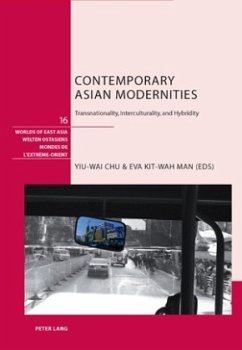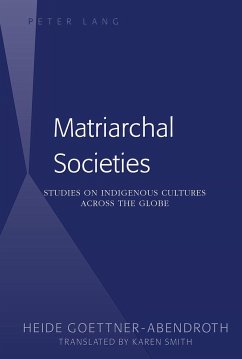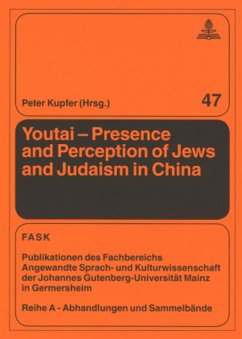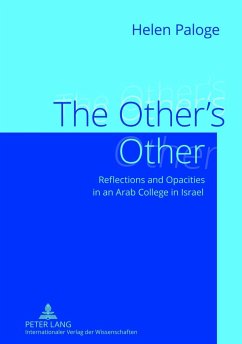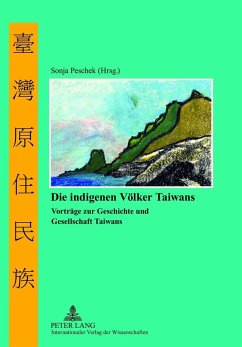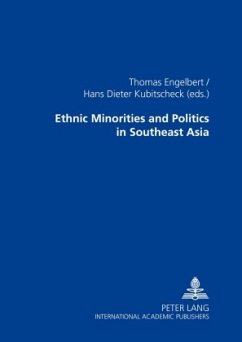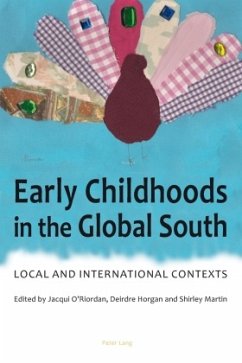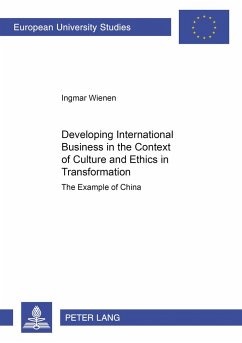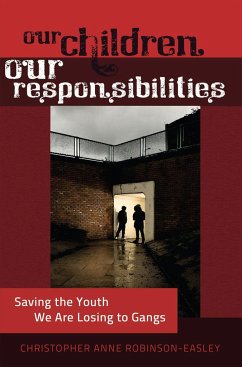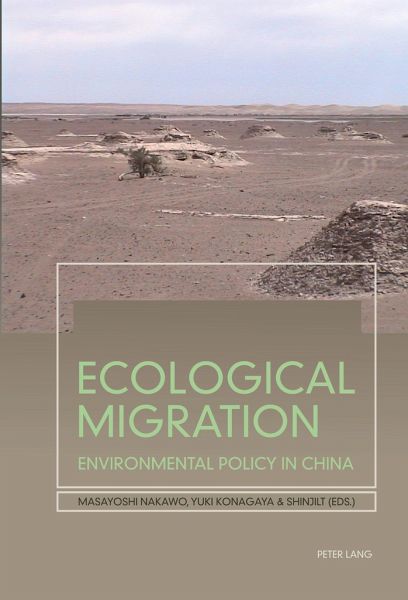
Ecological Migration
Environmental Policy in China
Herausgegeben: Konagaya, Yuki; Nakawo, Masayoshi; Shinjilt
Versandkostenfrei!
Versandfertig in 6-10 Tagen
88,75 €
inkl. MwSt.

PAYBACK Punkte
0 °P sammeln!
In the context of the current wave of global environmental concern, this book considers measures aimed at solving environmental problems, investigating the example of ecological migration. The term «ecological migration» refers to the organized migration of people engaged in occupations that cause ecological destruction, aimed at rehabilitating and conserving the affected areas. In the vast arid and semi-arid regions that constitute the steppes of Inner Mongolia, grassland vegetation is in imminent danger due to overgrazing. Therefore, the herders are made to migrate to other areas in order ...
In the context of the current wave of global environmental concern, this book considers measures aimed at solving environmental problems, investigating the example of ecological migration.
The term «ecological migration» refers to the organized migration of people engaged in occupations that cause ecological destruction, aimed at rehabilitating and conserving the affected areas. In the vast arid and semi-arid regions that constitute the steppes of Inner Mongolia, grassland vegetation is in imminent danger due to overgrazing. Therefore, the herders are made to migrate to other areas in order to ensure regeneration of the affected grasslands. This book's contributions are guided by questions such as: What has been the result of the strategy of ecological migration? Have the grasslands successfully been conserved? And can the desertification of Inner Mongolia be prevented?
The essays collected in this volume originate from a workshop on ecological migration held in Beijing,China, in 2004, and were published in Japanese and Chinese, both in 2005. They have been adopted as a textbook in university classes in Japan and China, and were updated and translated for the English publication.
The term «ecological migration» refers to the organized migration of people engaged in occupations that cause ecological destruction, aimed at rehabilitating and conserving the affected areas. In the vast arid and semi-arid regions that constitute the steppes of Inner Mongolia, grassland vegetation is in imminent danger due to overgrazing. Therefore, the herders are made to migrate to other areas in order to ensure regeneration of the affected grasslands. This book's contributions are guided by questions such as: What has been the result of the strategy of ecological migration? Have the grasslands successfully been conserved? And can the desertification of Inner Mongolia be prevented?
The essays collected in this volume originate from a workshop on ecological migration held in Beijing,China, in 2004, and were published in Japanese and Chinese, both in 2005. They have been adopted as a textbook in university classes in Japan and China, and were updated and translated for the English publication.



